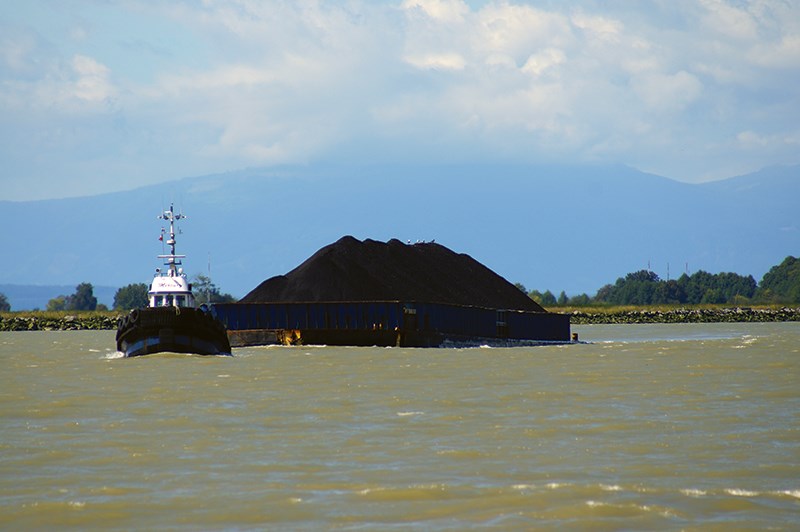Port Metro Vancouver claims a new, self-commissioned study indicates industrial land in the Lower Mainland will “likely be exhausted” within the next 10 years and it’s calling on provincial and regional leaders to “embrace a shared responsibility for managing the growth of Vancouver’s trade gateway.”
Via a news release, the port states that a study by Site Economics Inc., a real estate development consulting firm, indicates there is only roughly 1,000 acres of vacant industrial land available in the region.
The port claims it will need 1,500-3,000 more acres of such land in the next five to 10 years to meet demand.
“Without sufficient trade-enabling industrial land to meet growing demand, we risk hitting an economic brick wall, with serious consequences for our quality of life here in the Lower Mainland,” said PMV President and CEO Robin Silvester.
The demand for Canadian trade is growing, and container traffic through the country’s Pacific Gateway is expected to nearly double over the next 15 years, the port claims.
The port and the City of Richmond are at a stand off over the port’s lack of commitment to keeping the 230-acre Gilmore Farms in east Richmond from being developed for port purposes.
Richmond and a majority of B.C. municipalities have called on the federal port to commit to not developing any provincially protected farmland.



